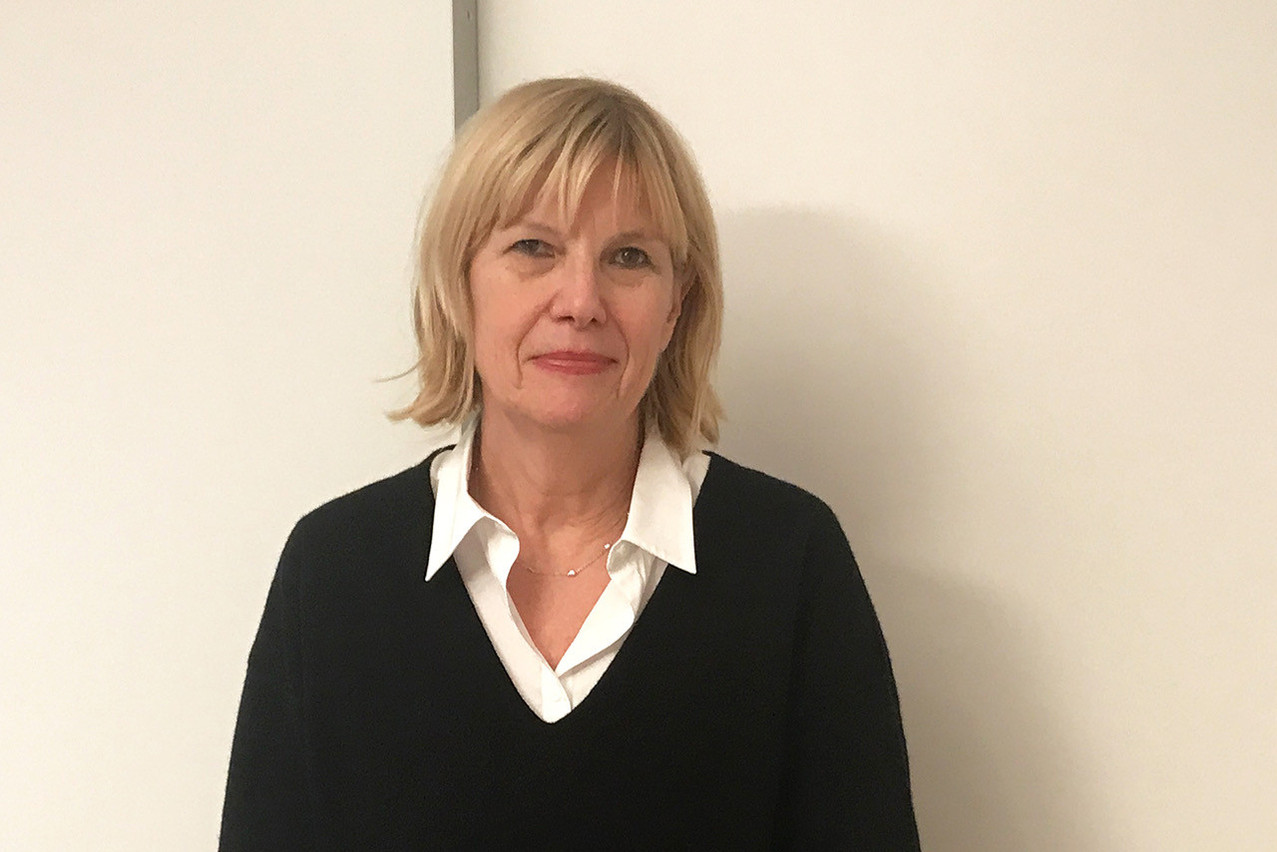Was there really any suspense? After losing before the Paris criminal court in 2017 and then in the second instance before the Court of Appeal in 2020, French borrowers--led by the media personality Enrico Macias--who considered themselves to be victims of a swindle, had no hope of avoiding recovery of the sums borrowed from Landsbanki Luxembourg until the Court of Cassation overturned these decisions and referred the case back to the courts.
This hope was dashed: France’s highest civil court did not even examine the arguments entirely, and on 17 November declared the appeals inadmissible, following the conclusions of the advocate general and the rapporteur of the Court of Cassation.
As a result, Landsbanki Luxembourg and several former employees have been definitively acquitted of the charges of fraud since last Wednesday.
The consequence is that the plaintiffs were well aware of the risk of the product they had signed up to and they took the loans at their own risk. In short, they had speculated.
Finally, the seizure procedures in progress, which had been blocked by the decision of the French judge Renaud van Ruymbeke, can resume.
Bankruptcy soon to be wound up
This is a relief for the bankruptcy liquidator.
It will finally be able to close the liquidation and transfer the remaining assets of Landsbanki Luxembourg to its parent company, Landsbanki Iceland, mainly the loans that were the subject of this legal battle. That is approximately €320m, €180m of which should come from France and €140m from Spain. It is up to the Icelandic bank to recover these sums from its creditors. This is all the easier since the bank has mortgages on the real estate of each borrower.
Relief and a sense of accomplishment: the preferred and unsecured creditors have been repaid in full. It was understood that Landsbanki Iceland’s claims were subordinated to the payment of other creditors’ claims. “This liquidation did not cost the Luxembourg state a single euro, the Luxembourg Central Bank recovered all the loans it had granted to Landsbanki Luxembourg, no depositor in Luxembourg lost any part of their deposit and all the employees were compensated without the Employment Administration having to intervene”, says Yvette Hamilius, who recalls that this liquidation began with liabilities of more than €2.5bn.
This result could have been achieved in 2012 if French savers had not filed complaints of fraud before the French and Luxembourg courts. Complaints that targeted the bank and the liquidator accused of money laundering. The complaints against Hamilius and the liquidator were definitively closed by the Luxembourg courts by orders of the Chambre du Conseil in December 2020 and January 2021.
A scorched earth strategy
Bringing the case before the criminal justice system and the court of public opinion had the advantage of being able to freeze all the executions and to raise the question of the drift of finance and to target Luxembourg.
Hamilius remembers a face-to-face meeting with the investigating magistrate, Renaud van Ruymbeke, who said to her “I will do everything to ensure that the borrowers can stay in their homes for 10 years”. “We had the impression that Mr van Ruymbeke and the public prosecutor wanted this indictment. We had the impression that for them, Luxembourg was nothing or not much, just a banking centre that got rich at the expense of who knows who. And Iceland was not considered any better... When I spoke about the background, I was inaudible.”
The strategy ultimately did not pay off for the borrowers.
Especially if we remember that in 2012, an offer of a transaction was made to them: repay the part received in cash with interest. An offer that attracted 170 acceptances in Spain, compared to only 10 in France. All this out of a total of 400 cases.
Why so few agreements with the French? “They were badly advised,” says Hamilius. She points out that Landsbanki has won all its criminal cases and has not lost any civil cases to date. “All the French borrowers who have been summoned to repay the balance of their loans have been [obliged to pay] and 95% of these orders are final”.
Such proceedings have a cost: €50.5m have been disbursed by the liquidator.
